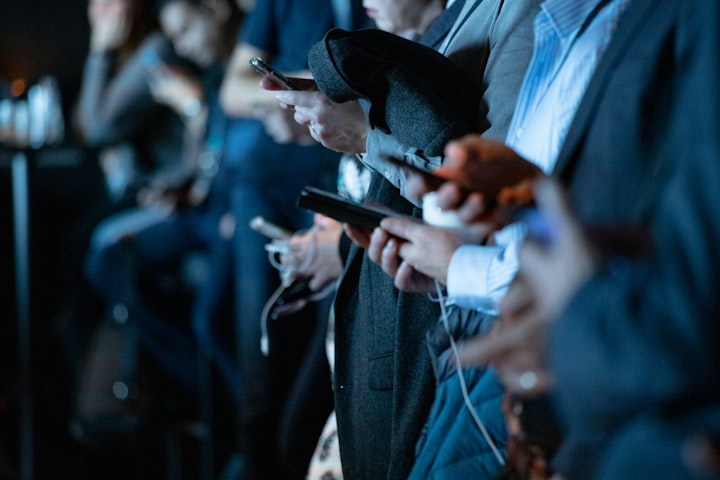
In the past decade, social media has emerged as a powerful force, revolutionizing the way we connect, share, and communicate. Platforms like Facebook, Instagram, Twitter, and Snapchat have become an integral part of our daily lives. While social media offers numerous benefits, there is a growing concern about its impact on mental health. In this article, we delve into the darker aspects of social media and explore how it can affect our well-being.
The Illusion of Perfection:
One of the major contributors to the negative impact of social media on mental health is the illusion of perfection it often portrays. Users frequently present carefully curated versions of their lives, highlighting the best moments, achievements, and physical appearances. This constant exposure to idealized versions of others' lives can lead to feelings of inadequacy and a sense of self-comparison, which can take a toll on one's self-esteem and mental well-being.
Cyberbullying and Trolling:
Unfortunately, the anonymity provided by social media platforms has given rise to cyberbullying and trolling. Hateful comments, malicious rumors, and personal attacks can be devastating, causing significant emotional distress, anxiety, and depression. The constant fear of being targeted or humiliated can result in individuals withdrawing from online interactions or, in severe cases, even experiencing suicidal thoughts. It is crucial to create a safe and supportive online environment to combat this issue.
Fear of Missing Out (FOMO):
Social media platforms often expose users to a constant stream of exciting events, travel experiences, parties, and gatherings. This can instill a fear of missing out (FOMO) in individuals who perceive their own lives as mundane or less exciting. This fear can lead to feelings of loneliness, isolation, and dissatisfaction with one's own circumstances. It is important to remember that social media only provides a limited glimpse into others' lives and is not an accurate representation of reality.
Social Comparison and Self-Worth:
Social media platforms are breeding grounds for social comparison. Users frequently compare their physical appearance, relationships, accomplishments, and experiences to those of others. This constant evaluation can negatively impact self-esteem and self-worth, as individuals may feel inadequate or not "good enough" when comparing themselves to their peers. Developing a healthy sense of self-esteem and focusing on personal growth rather than external validation is crucial in navigating the social media landscape.
Addiction and Digital Detox:
The addictive nature of social media is another concerning aspect. Endless scrolling, notifications, and the constant need for validation through likes and comments can lead to a compulsive use of social media. Excessive time spent on social media can disrupt daily routines, affect productivity, and contribute to feelings of anxiety and depression. Recognizing the signs of addiction and practicing digital detoxes by setting boundaries and limiting screen time can be beneficial for mental well-being.
Impact on Body Image and Eating Disorders:
Social media's emphasis on physical appearance and societal beauty standards can have a profound impact on body image. Constant exposure to edited and filtered images can distort perceptions of beauty and contribute to body dissatisfaction. This, in turn, can increase the risk of developing eating disorders and perpetuate unhealthy behaviors related to dieting and exercise. Promoting body positivity, celebrating diversity, and fostering healthy discussions around body image are essential steps in mitigating these negative effects.
Building a Healthy Relationship with Social Media:
While it is crucial to acknowledge the potential negative impact of social media on mental health, it is equally important to recognize its positive aspects. Social media can facilitate connections, provide educational resources, and amplify voices that may otherwise go unheard. Building a healthy relationship with social media involves being mindful of its effects, setting boundaries, and engaging in positive and meaningful online interactions.
As social media continues to shape our society, it is vital to be aware of its potential impact on mental health. By understanding the darker aspects and taking proactive steps to foster a healthier online environment, we can mitigate the negative effects and create a digital space that promotes well-being, empathy, and genuine connections. Let us remember to prioritize our mental health, practice self-care, and seek support when needed, both online and offline.
About the Creator
Noé gomes
I am a creative writer with a passion for technology, finance, and many other things that are interesting to me.






Comments
There are no comments for this story
Be the first to respond and start the conversation.